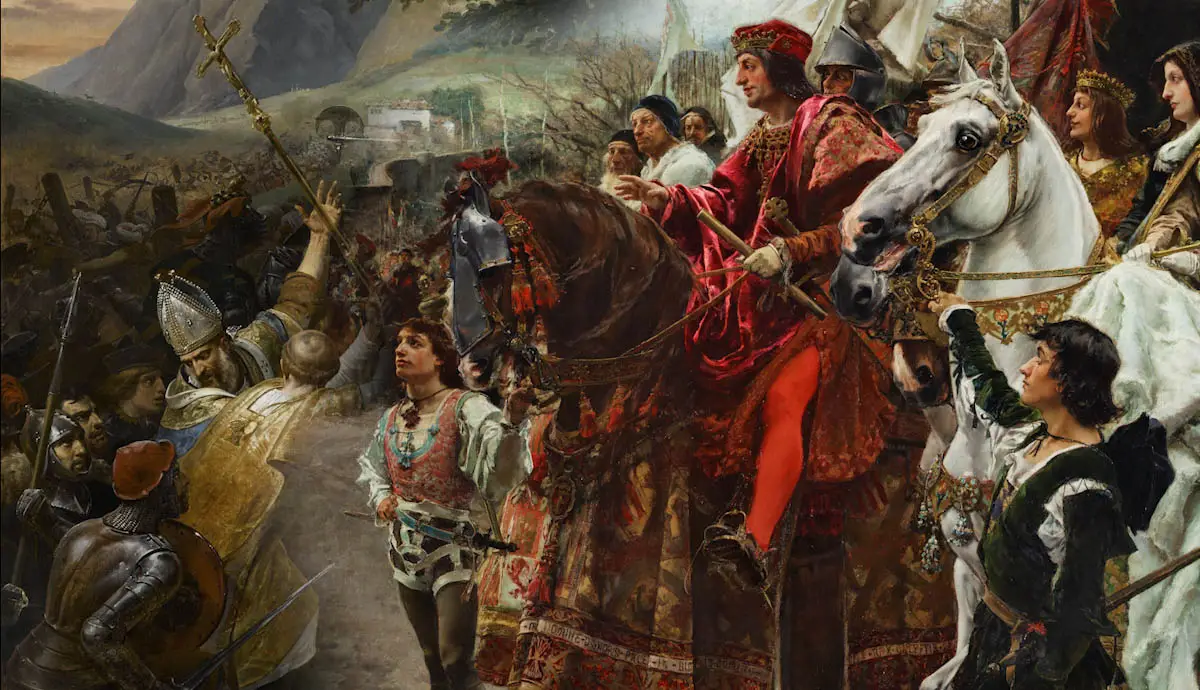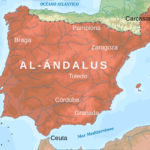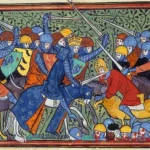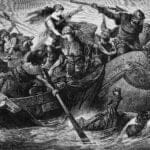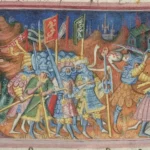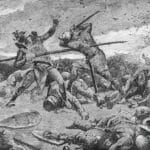Who Invaded Spain in the 8th Century?
In the early 8th century, the Iberian Peninsula, encompassing modern-day Spain and Portugal, was under the rule of the Visigothic Kingdom. This reign was interrupted by the arrival of a powerful force from across the Mediterranean Sea: Muslim armies from North Africa, led by the general Tariq ibn Ziyad. This marked the beginning of the Umayyad Conquest, a pivotal moment that would reshape the destiny of Spain.
These invaders, a diverse mix of primarily Berbers and Arabs united under the banner of Islam, saw an opportunity in the Iberian Peninsula. The Umayyad Caliphate, a vast empire stretching from Syria to North Africa, viewed this conquest as strategically advantageous. It served as a stepping stone towards their ultimate ambition: conquering Constantinople, the heart of the Byzantine Empire.
The relationship between the Berbers and Arabs was complex, often characterized by tension and conflict. The Umayyad Caliphate, however, recognized the importance of alliances. They strategically forged treaties with local rulers, paving the way for a smoother conquest.
This Muslim conquest of Spain, far from a fleeting historical episode, dramatically transformed the region. The newly established territory of Al-Andalus blossomed into a vibrant center of Islamic culture and scholarship. Yet, this period also ignited centuries of conflict between Muslims and Christians known as the Reconquista, ultimately shaping the Spain we know today.
Who Invaded Spain in the 8th Century: The Umayyad Conquest
Let’s set the stage: it’s the 700s AD. The Visigoths, a Germanic people, ruled the Iberian Peninsula. Suddenly, a formidable power arrived on the scene – the Umayyad Caliphate, commanding a vast empire and representing the dominant force in the Muslim world at that time. They recognized an opportunity in the Iberian Peninsula, weakened by its internal struggles.
A Berber general named Tariq ibn Ziyad spearheaded the invasion. He led a mixed army of Berbers and Arabs across the Strait of Gibraltar, the narrow passage separating Spain and Africa. The Battle of Guadalete in 711 AD marked a turning point. Tariq’s forces clashed with the Visigothic King Roderic, resulting in a decisive victory for the Umayyads. King Roderic’s death and the disintegration of his kingdom left the Iberian Peninsula vulnerable. Within a few years, the Umayyads had conquered most of it, establishing the Muslim state of Al-Andalus.
This conquest was more than a simple shift in power; it brought about profound cultural and social transformations. The Umayyads introduced their language (Arabic), religion (Islam), and architectural styles, leaving an indelible mark on the region. Al-Andalus flourished under their rule, becoming a renowned center of learning and scholarship.
However, the Umayyad conquest also sowed the seeds of future conflicts. The northern regions of the peninsula remained under Christian control, sparking the Reconquista – the Christian reconquest of Spain. This centuries-long struggle between Muslim and Christian forces became a defining theme in Spanish history, culminating in the final expulsion of Muslims in 1492.
Why Did the Umayyad Caliphate Invade Spain?
The Umayyad Caliphate, a powerful Muslim empire with its capital in Damascus, was driven by the ambition to spread its influence and the Islamic faith. Their invasion of Spain in 711 AD was fueled by a combination of religious fervor, economic aspirations, and strategic calculations.
The Umayyads were deeply committed to expanding the reach of Islam. They viewed the invasion of Spain as a prime opportunity to fulfill this religious calling. The Iberian Peninsula, with its bustling trade, abundant resources, and strategic location, presented an irresistible prize. The Umayyads sought to control vital ports and trade routes, bolstering their economy and expanding their power.
Furthermore, the conquest of Spain held strategic significance. By securing this territory, the Umayyads aimed to establish a strong western border for their empire, safeguarding it from potential threats and solidifying control over the region.
The Umayyad invasion of Spain, therefore, was a multifaceted endeavor driven by a desire to spread Islam, acquire wealth and resources, and enhance the empire’s security. This invasion led to the establishment of the Umayyad Caliphate of Al-Andalus, a period of Muslim rule in Spain that spanned centuries and profoundly impacted the region’s history, culture, and identity.
The Impact of the Muslim Conquest on Spain
The Muslim conquest of Spain in the 8th century was not merely a change in rulers; it was a seismic cultural shift that left an indelible mark on the country for centuries. It was a vibrant fusion of Eastern and Western influences, forever shaping Spanish culture.
The Umayyad Caliphate, renowned for its patronage of knowledge and progress, brought with them innovative agricultural technologies and techniques. These advancements transformed Spain into a breadbasket, stimulating economic growth and leading to the flourishing of cities. Bustling marketplaces overflowed with exotic spices and fabrics, a testament to the Umayyads’ influence.
This cultural blend, however, was not without its clashes. The Reconquista, a protracted struggle between Christian and Muslim kingdoms, became a defining era in Spanish history. Centuries of battles, alliances, and power shifts stemmed from the initial Muslim conquest. This conflict transcended the battle for land; it became a struggle for the soul of Spain, encompassing religion and power.
Here’s a glimpse into the impact of the Muslim conquest on Spain:
| Area of Impact | Description |
|---|---|
| Culture | A vibrant fusion of Islamic and European traditions emerged, influencing music, dance, literature, fashion, and everyday life. |
| Architecture | Architectural marvels like the Alhambra in Granada showcased the Umayyads’ artistic brilliance and engineering prowess. |
| Agriculture | The introduction of new crops, irrigation systems, and farming methods led to a surge in agricultural production, transforming Spain into an agricultural hub. |
| Science and Learning | Al-Andalus attracted scholars from across the Muslim world, fostering advancements in mathematics, astronomy, medicine, and other fields. |
The Muslim conquest of Spain, far from being a distant historical event, was a catalyst that reshaped the nation’s trajectory. It exemplifies how the convergence of cultures, while sometimes marked by conflict, can also spark extraordinary periods of creativity and advancement.
If you desire specific information regarding the eighth century, click when was the 8th century to learn more. For details concerning the eighth century conquerors of iberia, refer to eighth century conquerors of iberia for further insight.
- Unveiling Bernhard Caesar Einstein’s Scientific Achievements: A Legacy in Engineering - July 15, 2025
- Uncover who is Jerry McSorley: CEO, Family Man, Business Success Story - July 15, 2025
- Discover Bernhard Caesar Einstein’s Scientific Contributions: Unveiling a Legacy Beyond Einstein - July 15, 2025
